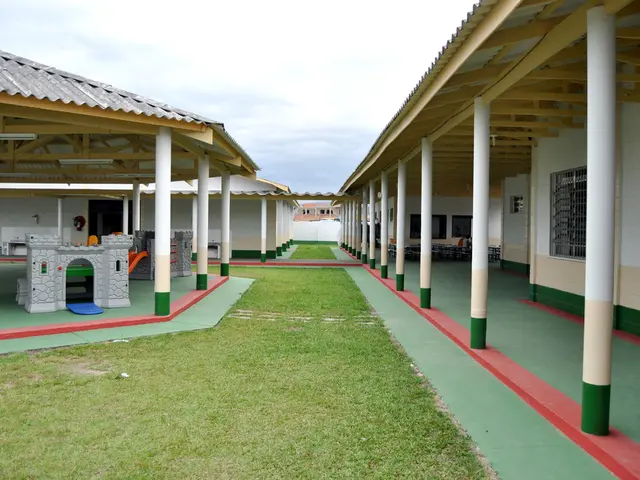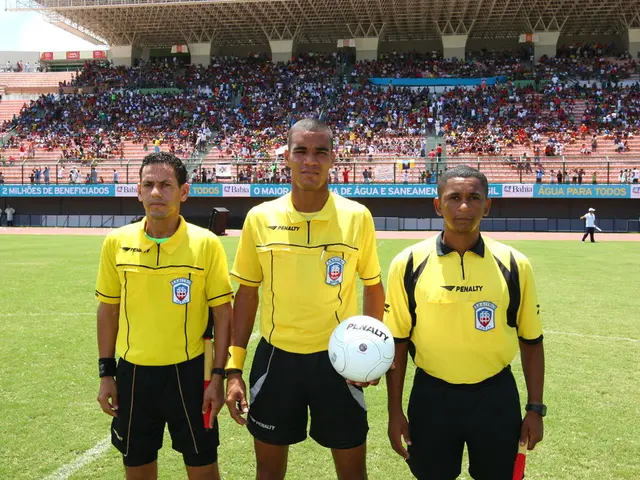Thai authorities fortify border security amid escalating tensions with Cambodia
Committee formed by National Security Council to tackle Thai-Cambodian border disputes
Amid a mounting crisis along the Thai-Cambodian border, the Thai National Security Council (NSC) has assembled an emergency committee to reinforce crisis response measures.
During the gathering, discussions concentrated on immediate countermeasures and long-term strategic approaches. The council decided to form the border security committee, which will serve as a central hub for communication between policy and operational sectors.
Chairing the committee is NSC secretary-general Chatchai Bangchuad, ensuring a systematic and swift response to the evolving situation. Notably, Defence Minister Phumtham Wechayachai has authorized a review of existing security arrangements and the exploration of reinforcements.
In a show of resolute determination, the government and military reaffirmed their commitment to defending Thai sovereignty through peaceful, yet unyielding means. Senior military officials, including Gen Songwit Noonpackdee, chief of defence forces, have held a special meeting with commanders to examine troop readiness along the border and draft contingency plans for various scenarios.
Troops at the border have been directed to evaluate their preparedness, assess military equipment, and ensure logistical support is in place to maintain security operations. Strict monitoring is also being carried out in high-risk zones.
Compelled to find a diplomatic solution, the Thai government maintains that the Joint Boundary Committee (JBC) remains the primary channel for negotiations with Cambodia. The Thai government stresses that it firmly rejects international arbitration on the matter, opting instead for patience and a balanced approach to uphold national interests.
Though the NSC's specific role in handling Thai-Cambodian border tensions remains elusive, it is worth noting that the Thai National Security Council is pivotal in organizing and coordinating national security strategies. Typically comprising senior government officials and military leaders, the NSC advises the Prime Minister on national security issues and plays a vital role in crafting responses to domestic and international threats.
In a situation like the escalating tensions along the Thai-Cambodian border, the NSC would likely coordinate policies and strategies among various government agencies to address the situation. This collaboration might involve work with the military, foreign ministry, and other relevant departments to develop a unified approach. Furthermore, it could facilitate diplomatic efforts with Cambodia to settle disputes peacefully, potentially through negotiations or regional forums.
Tags* Thai National Security Council (NSC)* Committee* Thailand* Cambodia* border* territorial disputes* emergency meeting* Thai government* military* crisis management* diplomatic efforts* national security
- The escalating tensions between Thailand and Cambodia have not only sparked concerns in the realm of politics but also stirred unease in the international business community, as the stability of the region can significantly impact trade and investment.
- As the Thai government and military brace for potential war-and-conflicts along the border, the economic impacts could also reverberate across the broader international economy, partly due to the dominant influence of the general-news media that amplifies such uncertainty.
- In addition to the conventional roles of policy-making and crisis management, the Thai National Security Council (NSC) could play a pivotal part in navigating the complexities of international diplomacy, especially in addressing territorial disputes with Cambodia and ensuring a peaceful resolution that aligns with the national interest.






